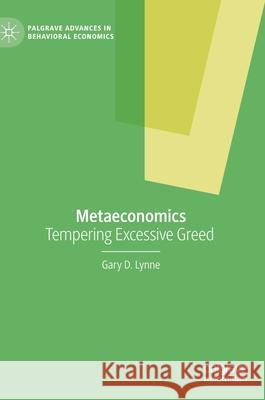Metaeconomics: Tempering Excessive Greed » książka
topmenu
Metaeconomics: Tempering Excessive Greed
ISBN-13: 9783030506001 / Angielski / Twarda / 2020 / 315 str.
Metaeconomics: Tempering Excessive Greed
ISBN-13: 9783030506001 / Angielski / Twarda / 2020 / 315 str.
cena 443,82
(netto: 422,69 VAT: 5%)
Najniższa cena z 30 dni: 424,07
(netto: 422,69 VAT: 5%)
Najniższa cena z 30 dni: 424,07
Termin realizacji zamówienia:
ok. 16-18 dni roboczych.
ok. 16-18 dni roboczych.
Darmowa dostawa!
Kategorie:
Kategorie BISAC:
Wydawca:
Palgrave MacMillan
Seria wydawnicza:
Język:
Angielski
ISBN-13:
9783030506001
Rok wydania:
2020
Wydanie:
2020
Numer serii:
000783849
Ilość stron:
315
Waga:
0.56 kg
Wymiary:
21.01 x 14.81 x 2.06
Oprawa:
Twarda
Wolumenów:
01
Dodatkowe informacje:
Wydanie ilustrowane











